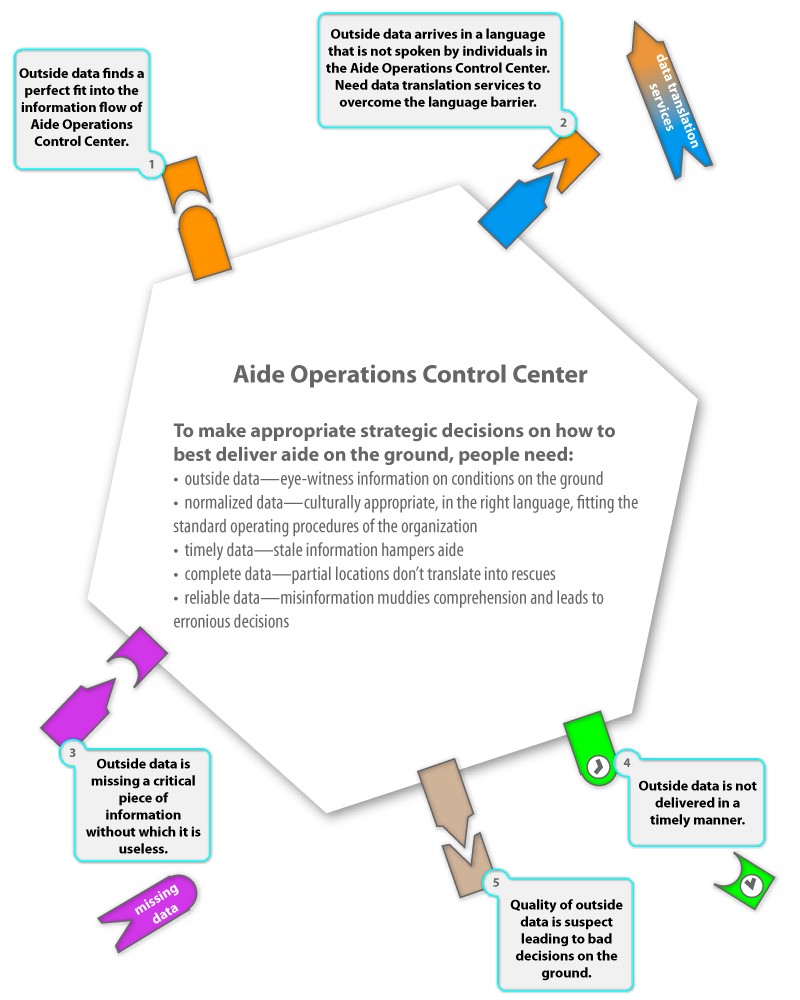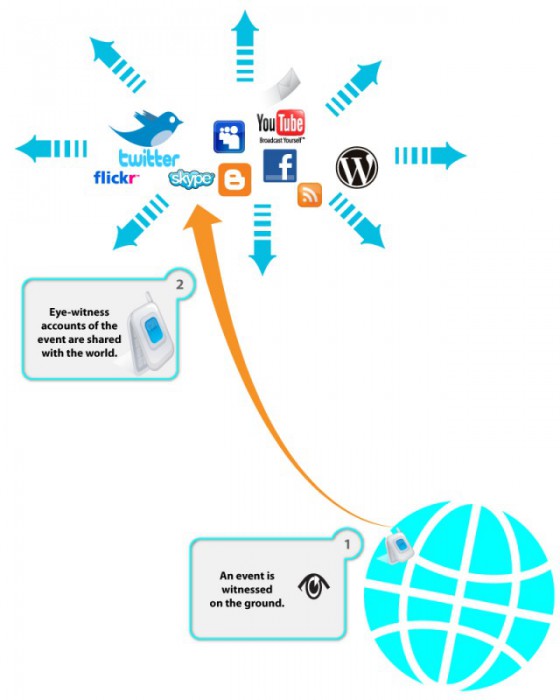Powazek, D. (2010). “The Wisdom of Community.” A List Apart. Retrieved on 23 June 2010: http://www.alistapart.com/articles/the-wisdom-of-community/ In The Wisdom of Community Derek Powazek argues for the online extension of James Surowiecki’s Wisdom of Crowds theory. By referring to Surowiecki, Powazek points, that “crowds, presented with the right challenge and the right interface, can be wise”. This means, that a group of people – by balancing each-other – answers any well proposed question much better, than a single person, even a professional. Powazek points, that some online services are using similar methods to WOC to rank information according to their relevance and quality. Most importantly the user’s opinions are influencing the results of the Web search engines. According to Powazek to use the WOC concept in decision making, question answering or information ranking, certain conditions are required. The problems needs to “be broken down to its simplest components”. The number of the participants and the quality of the result are proportional. The motivation of the participants is a key factor, they need to work for their own interest. Showing the previous results is problematic, because “[t]he highly rated items get even more highly rated,m the low rated items fall off the…
Read more →


